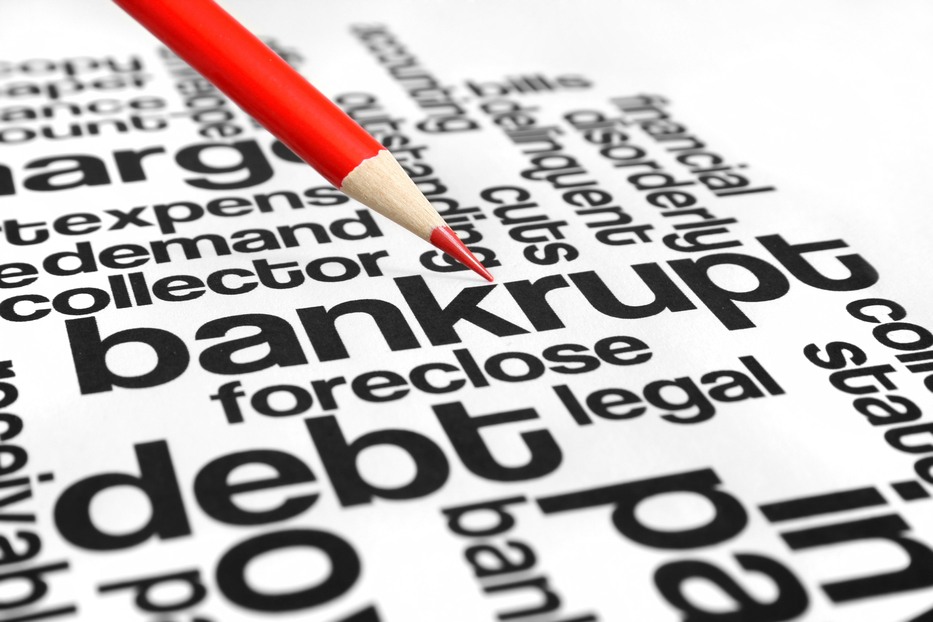 For diverse reasons that span from medical bills to irresponsible credit use, tens of thousands of US citizens struggle each year to avoid bankruptcy. Whatever your reasons for financial insecurity, dealing with the problem can help you retain a decent credit rating, and enhance your ability to make ends meet on a monthly basis.
For diverse reasons that span from medical bills to irresponsible credit use, tens of thousands of US citizens struggle each year to avoid bankruptcy. Whatever your reasons for financial insecurity, dealing with the problem can help you retain a decent credit rating, and enhance your ability to make ends meet on a monthly basis.
Here are five ways to avoid bankruptcy and stay afloat when it comes to your personal finances.
1. Get a Copy of Your Credit Report
You can’t fix what you can’t quantify. For that reason, you’ll need to start with your credit report. Read through the report carefully, and look for mistakes that you can quickly clear up with a phone call to the creditor. You wouldn’t want your score to suffer based off of a mistake on someone else’s part. Improve your report’s health by making sure there aren’t any errors.
2. Pay off Small Amounts
Are there a few relatively small amounts due that could be paid off right now? Do it. Get rid of as many of those small balances as you can, even if they aren’t due yet — or overdue. Not only will this make an immediate difference to your total debt, it will count in your favor to make repayments in full before they’re due.
On a psychological level, ridding yourself of several debts at once will give you a feeling of accomplishment, which will help you feel motivated for the rest of the process.
3. Talk to your Creditors
In some cases, credit lenders will agree to drop your interest rate if you just call and ask. Whether your own rate will be dropped is up to the company that made the loan, but it’s always worth checking. Explain your situation, and make sure you’ve spoken to the right people. Lenders tend to be more receptive when communication is open.
4. Cut Costs and Minimize
The fewer accounts you need to worry about, the easier it will be to manage your finances. Take a look at the expenses you currently have and decide which among them can be canceled. Consider keeping only one vehicle, downgrading your cable package, or canceling membership fees to an activity or place you rarely attend. If you’re having a hard time cutting back, do the math for how much a monthly subscription is costing you daily, and decide if it’s worth the cash. Try to find alternatives for these options, and keep a detailed list of where money is going.
5. Get Debt Counseling
Every individual has a unique financial situation, and for this reason debt counseling can be considerably helpful to anyone trying to avoid bankruptcy. By contacting one of our credit counselors, you can get help identifying important aspects of your budget that need to be reevaluated. He or she can even offer advice about which lending corporations may lower their interest rates or be willing to waive late fees.
It’s important to take control of your finances as soon as you realize they may have gotten out of hand. With some careful planning and good budgeting, you’ll be able to avoid bankruptcy and be on your way to building an excellent credit rating.
